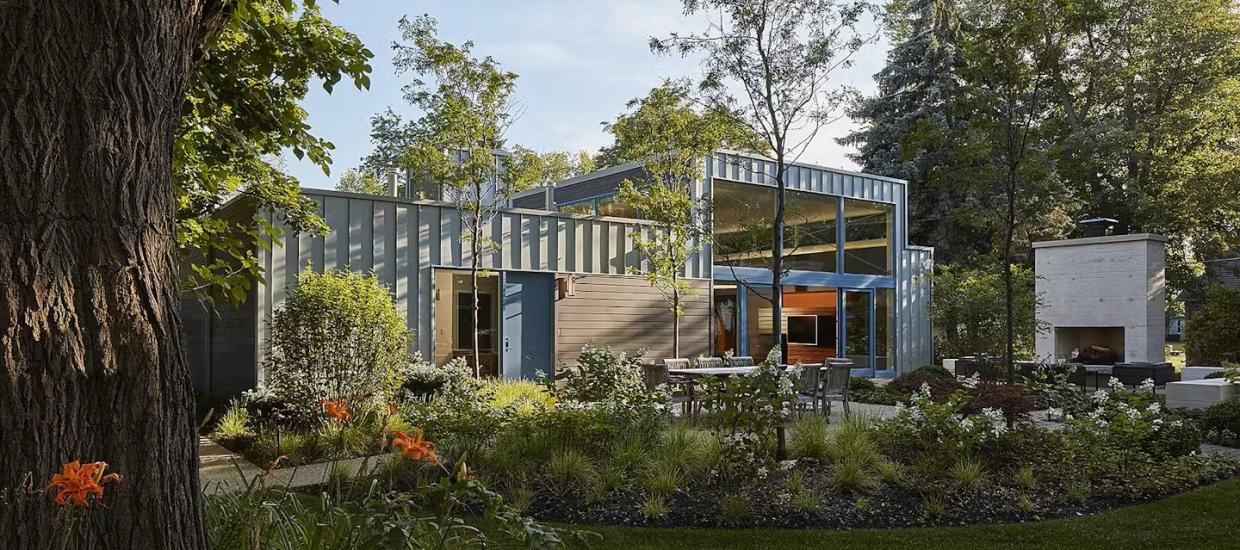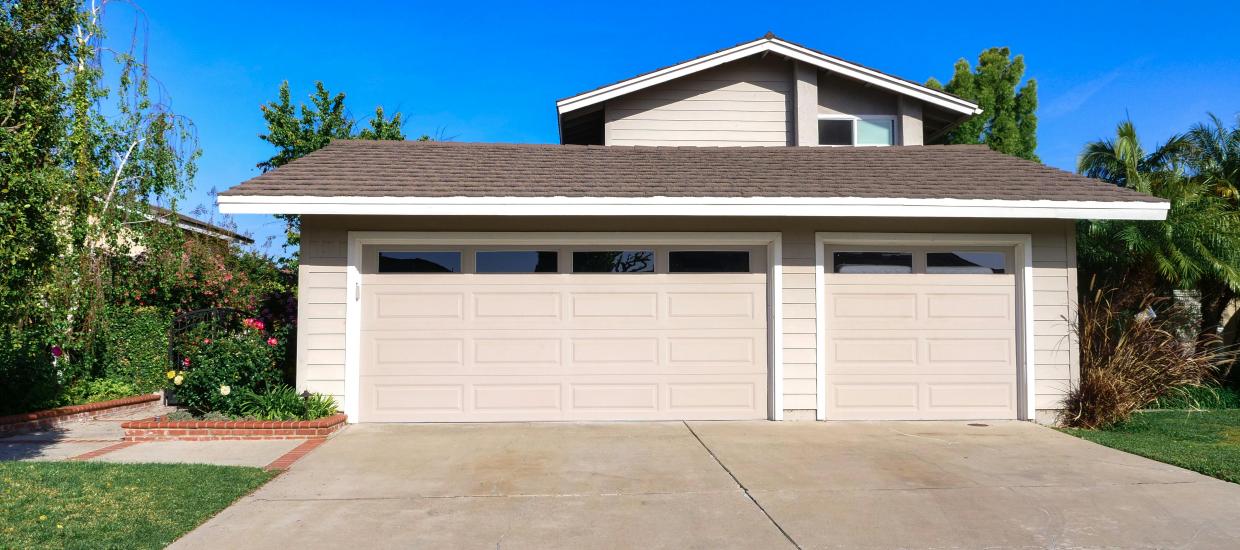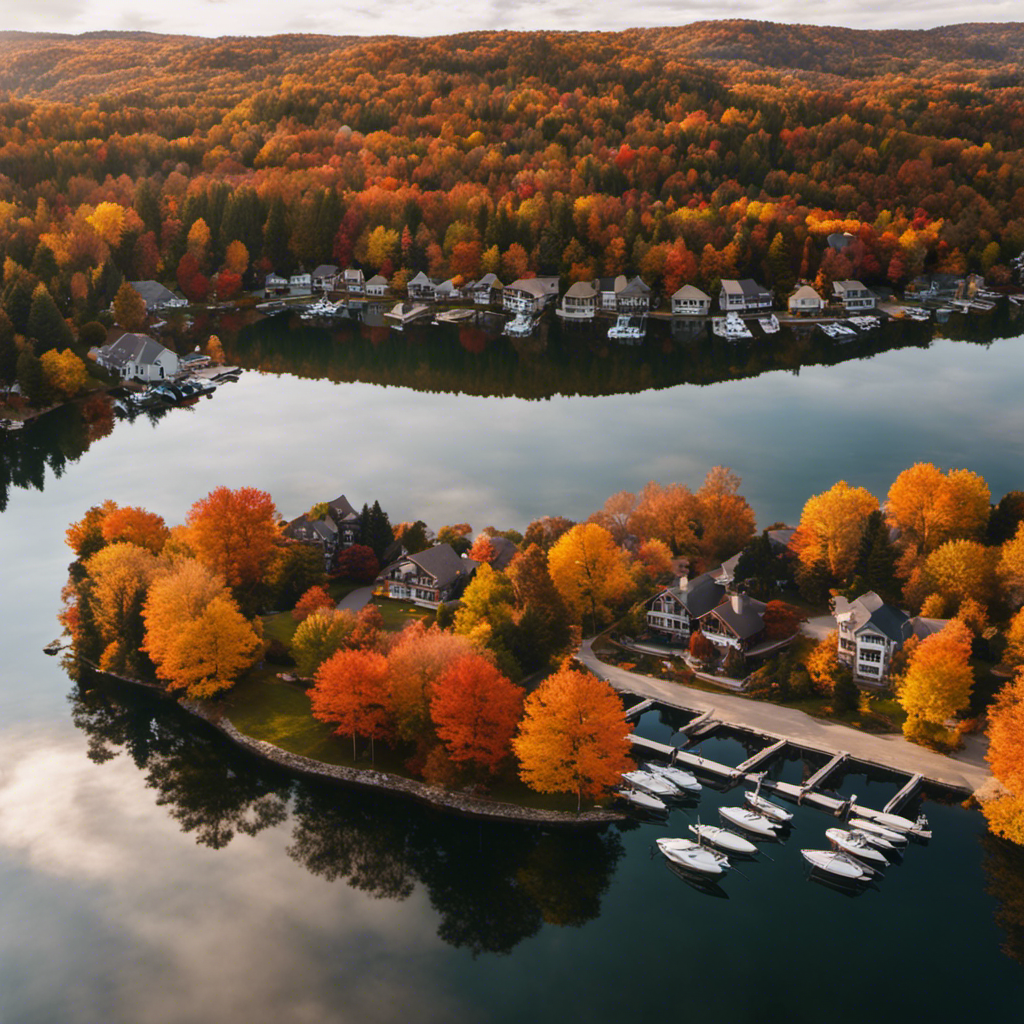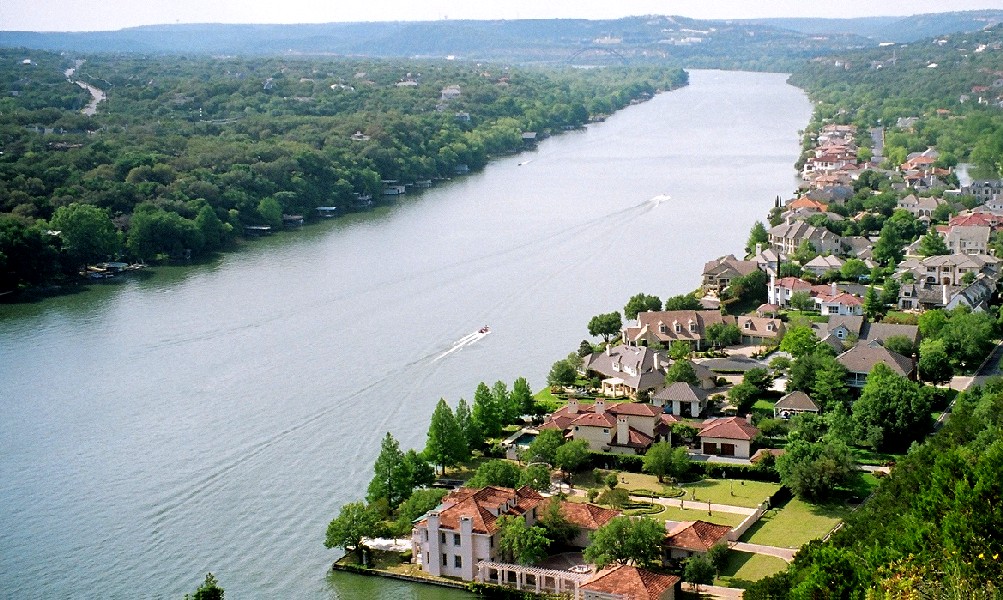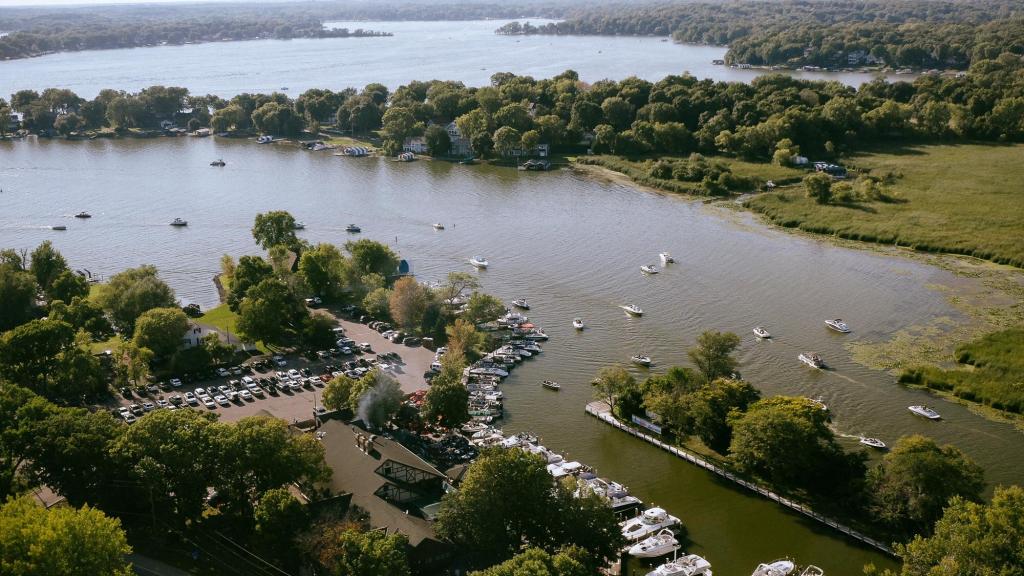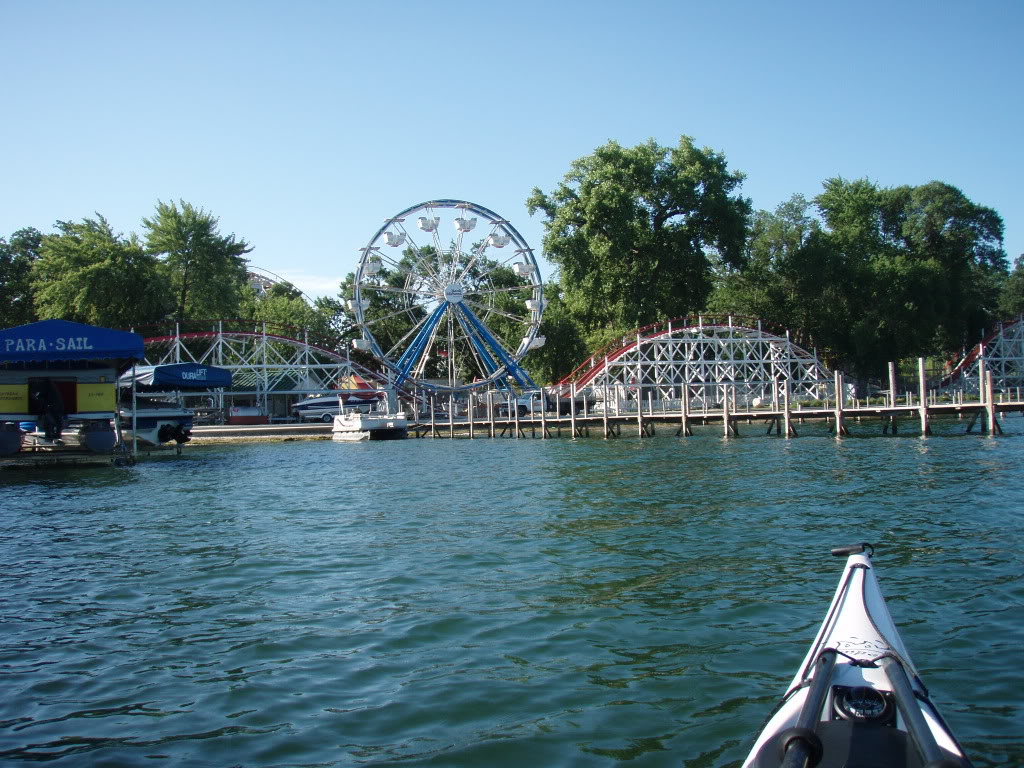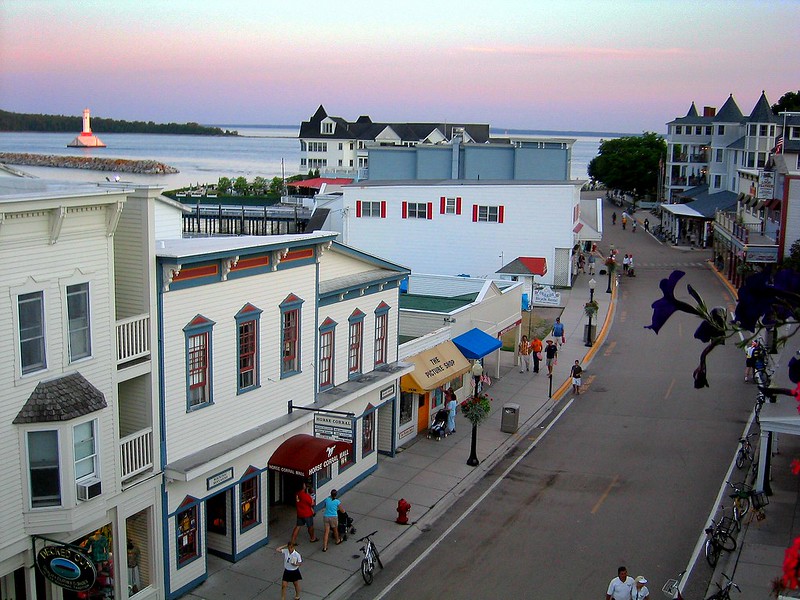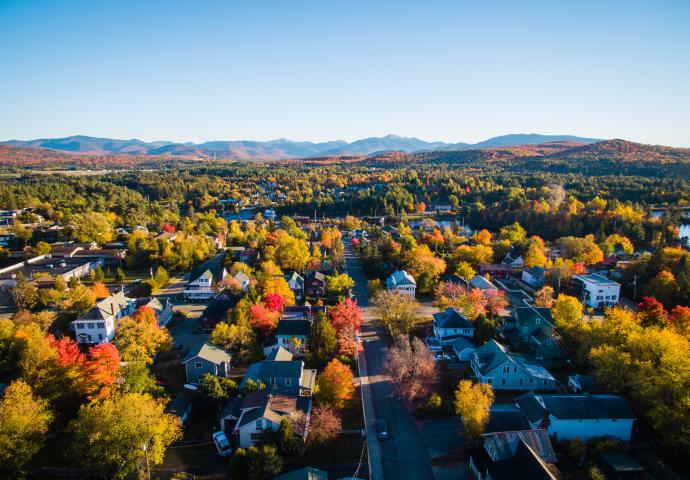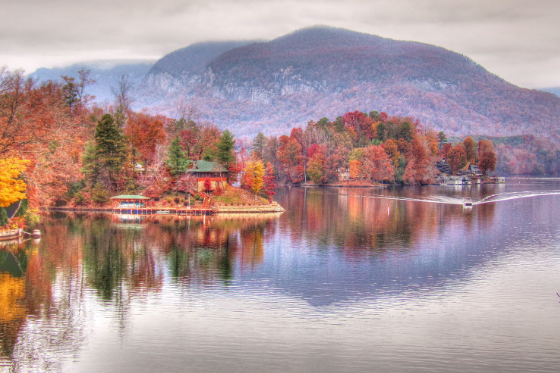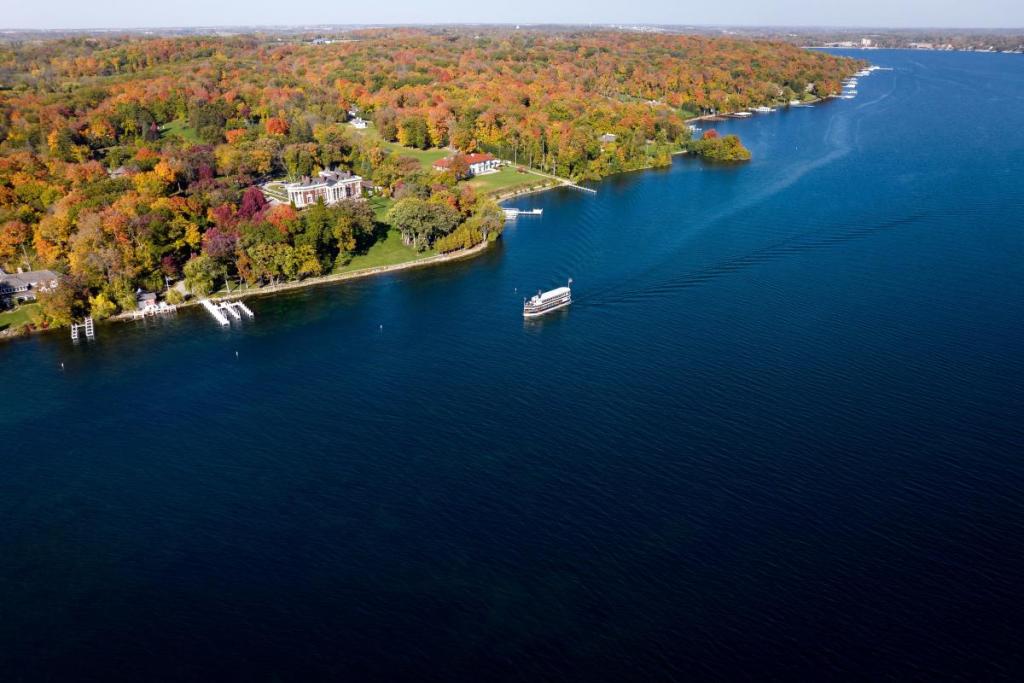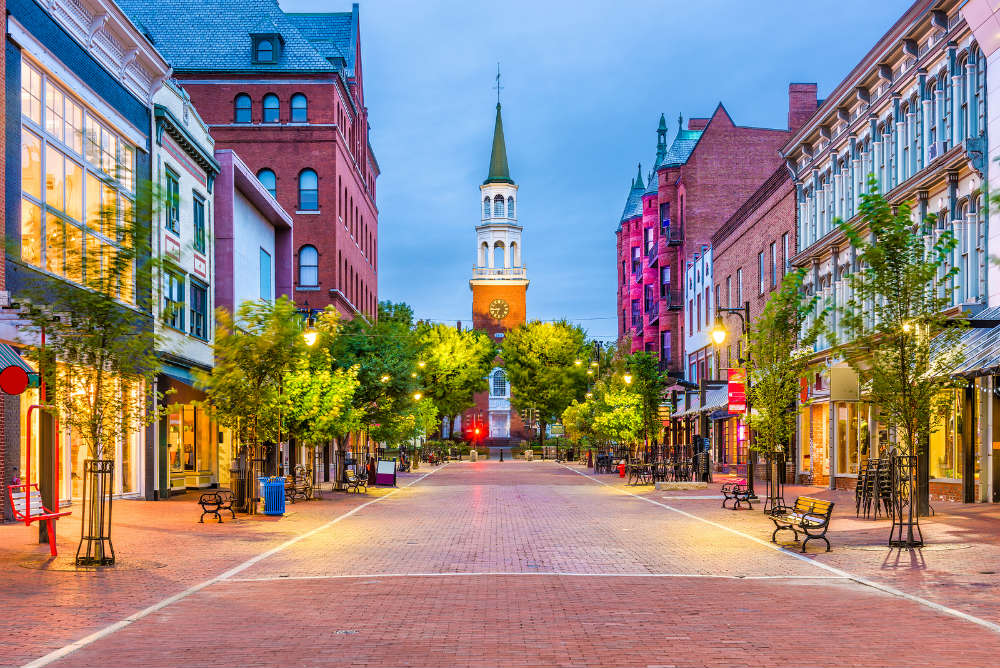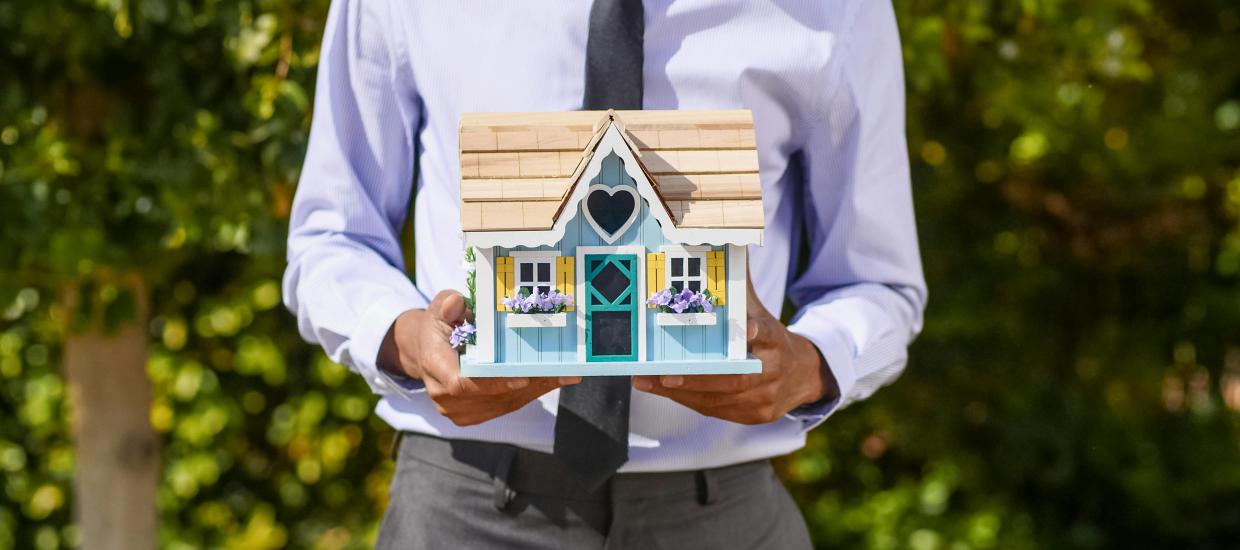Estimated reading time: 9 minutes

One of the great joys of lake home living is strolling with friends and family to the water’s edge, gazing out at the waves from the side of a pier, and wrapping up the day by watching the sunset. It is a time of bonding and relaxation—special moments that entice many people to purchase a lake home in the first place. Unfortunately, such leisurely recreation is often difficult for the elderly or those with disabilities. It is challenging enough just to navigate the uneven ground between a house and the lake when using a wheelchair or walker. But piers can be narrow, docks can be uneven, and suddenly the whole thing becomes a stressful experience. The blissful waterside sunset gathering is no longer enjoyable or even possible.
Connecting With Nature

“It’s not just about being able to get around in your home. It’s also about being able to access what’s outside your home, which, at the lake, can be a fishing pier or a boat dock,” says Rebecca Williams, an official with the ADA (Americans with Disabilities Act) Center. “You should be able to participate in your life, wherever it may be. And that includes recreation.”
Indeed, spending time along the water provides all manner of curative effects, regardless of one’s physical ability. Take away access to the lake, and you are just left with a house that could be located anywhere.
“Being in nature and enjoying the views has such a positive impact on people,” says Taylor Davis, a Birmingham-based architect who specializes in creating housing design for older adults with accessibility issues. “It gives you a sense of calm—a contemplative feeling—when you can connect with the outdoors. It’s not always easy to provide access, but it is important.”
Getting On Board

David Jones, founder and director of SportsAbility Alliance in Florida, discovered the importance of outdoor access to his mental well-being after he was involved in an accident that left him unable to walk.
“One of the things I learned during the rehab process is how much I valued my outdoor recreation and what a source of comfort and motivation it was for me,” Jones said. “My mother’s house was on Lake Talquin in the Tallahassee area, and they built a sidewalk down a steep hill to the dock. They also widened the door of the pontoon boat, so my wheelchair would fit onto it and built a little platform to get into the boat.”
Such efforts are not common, however. According to a report released by Harvard University’s Joint Center for Housing Studies analyzing the 2019 American Housing Survey, less than 4 percent of homes in the United States contain more than two basic accessibility features, such as no-step entry, wide halls and doors, elevated electrical plugs, etc. More elaborate features, such as ramps and lifts, are even rarer. And though the study does not specify lake homes, the remote location and sporadic use of many of these houses likely reduce the percentage of accessible homes even further. But as Williams points out, lake homes actually are ideal candidates for enhanced accessibility features since they often are used by people at or near retirement age who eventually will begin to have mobility issues.
Protective Pier

“For most people, if you buy a house at a lake, your intention is to be there at least part-time for the rest of your life,” Williams says. “So if you acquire a disability and all those things you enjoyed before are no longer accessible, then maybe you don’t want to live in your dream home anymore. But with some additional features, you still can.”
The U.S. Access Board provides a list of the ADA Accessibility Standards on its website, including details for piers, gangway slopes, handrails, and boat slips. While these standards are required only for public facilities, Williams says they can also be used as guidelines for private homes.
Downhill Glide

The most obvious issue facing lake homes is the bumpy ground around the house and the elevation change toward the lake. Installing a ramp is the simplest solution, though Davis notes that if the elevation change is substantial, then a single ramp might be too long and steep. If that is the case, she suggests finding an area approximately halfway along the ramp path that can provide a landing space before continuing the rest of the way.
As for steps, Davis says to make them deeper and wider than average so they can be used more easily by someone with a walker or cane. In addition, she says a stair lift is also a possibility, even if it is installed outside in the elements.
“There are plenty of lifts made specifically for exterior use,” Davis says. “And there are ways to install and design around them to make them less intrusive. For example, they can be screened with landscaping. So, building a small path to a lift is a great way to (gain lake access) without having to build a long ramp that sticks out into the landscape. They can be very unobtrusive, effective, and easy to use.
Roll Up & Relax

For enjoying those sunset views (or any views) on the pier, make sure there is a flat area at least 4 feet deep and 3 feet wide where a wheelchair or scooter can be parked. “That way, they can roll up there and sit next to their family,” Williams says. “So rather than staying behind at the house, they can sit beside their family and watch the sunset with them.”
Williams suggests including a small space along the pier where the railing is lower so a person in a wheelchair can easily see over it. She says this space is also ideal for casting a rod if the disabled person enjoys fishing.
Light A Path

Keep all exterior pathways well-lit, preferably with long-lasting LED bulbs that rarely have to be replaced. “Lighting is extremely important if you have folks trying to navigate tricky terrain with a cane or walker,” Davis says.
Zero-Step Entrances
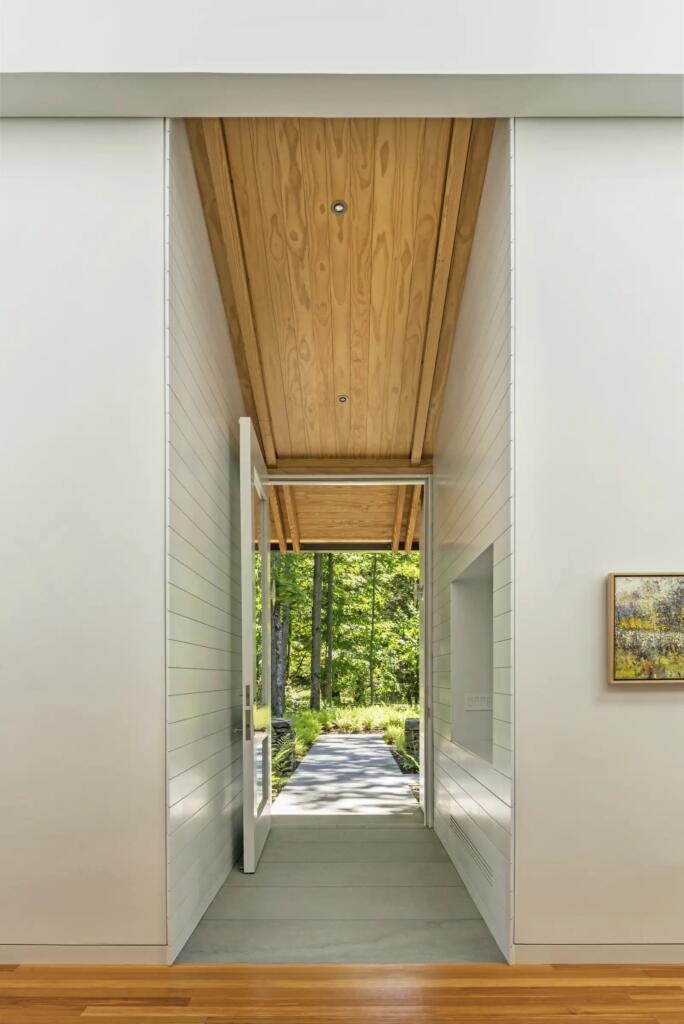

Make sure there is at least one easily accessible entrance to the house that does not have any steps or elevated threshold. “Even a 4-inch curb can be really hard to navigate if you’re in a wheelchair,” Davis says. “So one little zero-step entrance can make all the difference in the world in somebody’s ability to even get outside in the first place.”
Bathrooms can be hazardous for people with disabilities, so consider creating a zero-step entrance to the shower with enough space for a wheelchair to navigate. Lower shower fixtures and built-in open shelving also create a more accessible experience for those with mobility issues or reliant on a wheelchair.
Accessible Storage & USB Ports

Storage areas are vital at lake homes since many of them are not used on a daily basis. So Davis says to make sure that all storage areas are accessible. In addition, since everybody needs to keep their cell phones charged these days, install at least two or three plugs that are elevated off the baseboard and can be easily reached.
“All these are things that may not necessarily be needed today, but you need to make sure it’s something you’re thinking about for the long term,” Davis says. “You need to go ahead and create those opportunities that allow you to be outside in a way that fits whatever your physical realities may become.
“Because oftentimes, lake homes are generational homes. These get passed down from family to family, and there can be many generations that utilize that home on any given weekend. So thinking about access to these places in a more expansive way is really important, especially considering the investment that people make in lake homes.”
Doing so will ensure the sun never sets on your good times at the lake.

